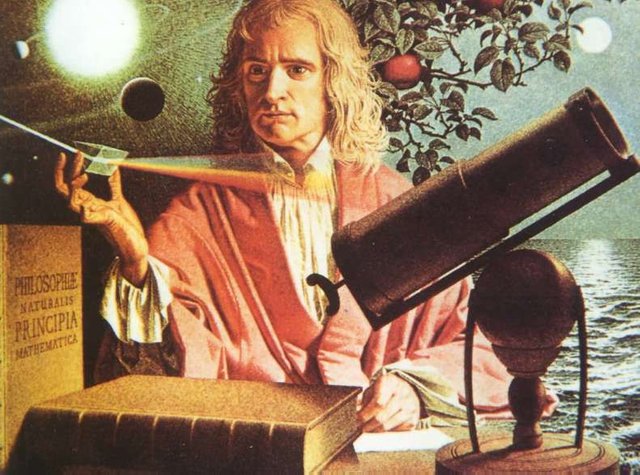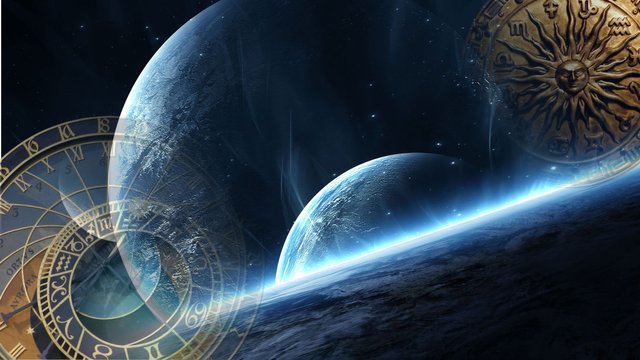An Astrological Overview
Like every other astrologer, I like to think that story might be true. After all, astrology has faded in and out of fashion, but it has never lacked followers.

Legend has it that Sir Isaac Newton, widely considered the greatest genius
of all time, may have explored astrology. Newton had a complex, curious
mind. In addition to inventing calculus and discovering the universal law of
gravity, he was interested in alchemy (the quest to turn ordinary metals into
gold), the Bible, and astrology. When his friend Edmund Halley (after whom
the comet is named) made a disparaging remark about it, Newton, a conservative
Capricorn, shot right back, “Sir, I have studied the subject. You have
not.” Or so the story goes.

Like every other astrologer, I like to think that story might be true. After all,
astrology has faded in and out of fashion, but it has never lacked followers.
Catherine de Medici had Nostradamus as her astrologer, Queen Elizabeth I
consulted John Dee, and other astrologers advised Napoleon, George
Washington, J. P. Morgan, and Ronald Reagan. Yet in all that time, no one has
provided a satisfying explanation as to why astrology works. Over the centuries,
proponents of the ancient art have suggested that gravity must be the
motor of astrology . . . or electromagnetism . . . or the metaphysical “law of
correspondences.” Carl G. Jung summarized that view when he wrote, “We
are born at a given moment, in a given place, and like vintage years of wine,
we have the qualities of the year and of the season in which we are born.”